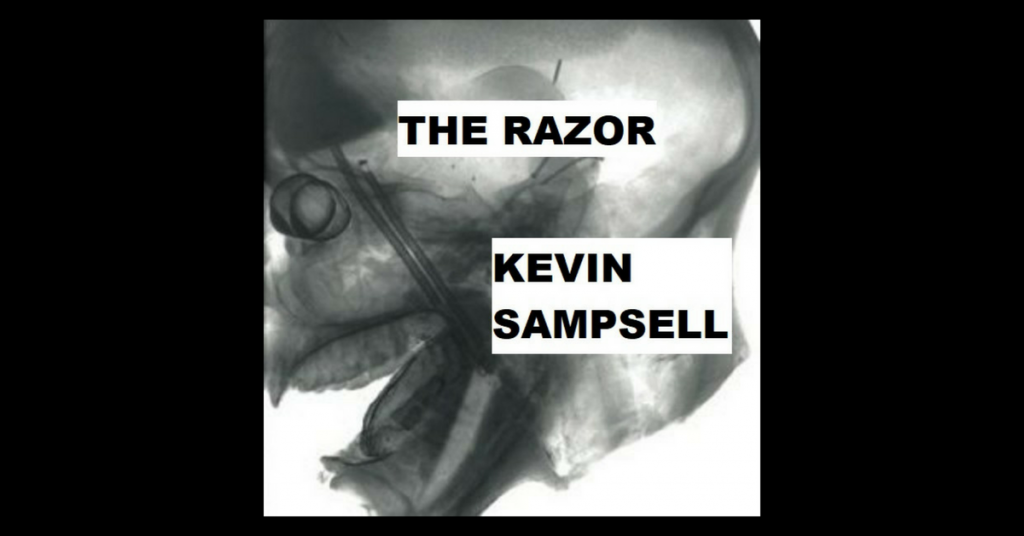
XMAS STORIES FOR X-R-A-Y by Kevin Sampsell
These stories are from Kevin Sampsell’s new zine, The 24 Days of Xmas. New Smooth Santa Christmas was approaching, but Santa had no beard. He’d shaved it off that summer after his dog, Carol, gave him fleas. He thought he would be able to grow it back by the holiday season, but his face was still smooth as a baby. He couldn’t understand it. Long white beards ran in the family, from his father, Nick Sr., to his uncle, Walt, and brother, Richard. Even his sister, Nicolette, had a glorious white beard, which she often braided with garlic to…

